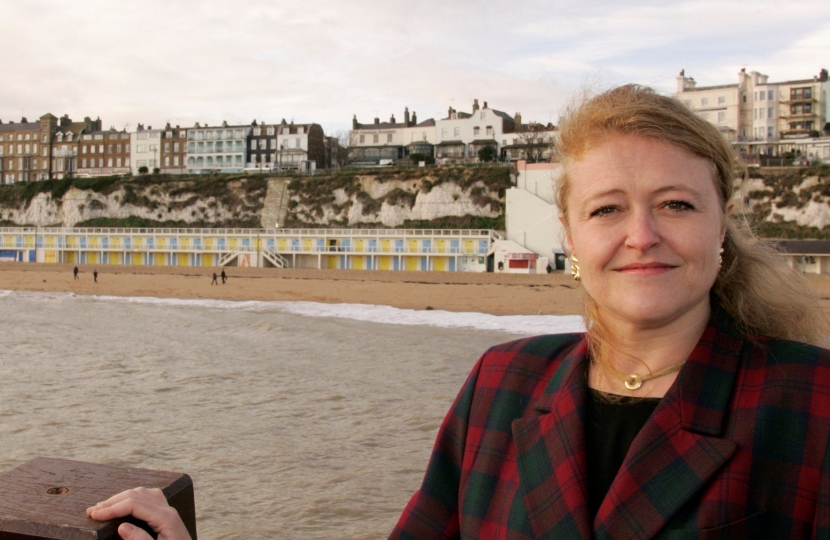
Laura Sandys, MP for South Thanet, welcomes the start of National Epilepsy Week.
Laura said: “Having epilepsy myself, I can understand the concerns surrounding this condition. In the 21st century we cannot have a condition like epilepsy attracting so much stigma. It is the most common neurological condition in the UK, and affects more than half a million people. Sadly too many people experience exclusion and bullying because of the condition. I strongly support Young Epilepsy’s campaign in the hope that it will increase public understanding to help dispel myths, such as someone with epilepsy being possessed by evil spirits or even being contagious. I firmly believe that talking and educating is the way forward.”
Children with epilepsy face discrimination, nastiness, exclusion and taunting on a regular basis, with many facing prejudice more akin to 1913 than 2013, according to a report released today by charity Young Epilepsy to coincide with National Epilepsy Week (19-25 May 2013).
Epilepsy affects 600,000 people in the UK, 112,000 of which are aged 25 and under. The report, which questioned adults and children with epilepsy, as well as members of the public, on their attitudes to the condition, found that 79% of people with epilepsy across all ages are the victims of discrimination and there is particular concern for young people about their ability to cope with negative reactions. Almost half of children with epilepsy encounter nastiness or ill feeling because of their condition, almost one in five at least once a day. More than 40% have experienced discrimination or exclusion from their peers, and more worryingly, almost a third feel that they have faced discrimination from teachers.
Negative reactions from others after a child suffers a seizure include being told they are sick (41%), being called mad or crazy (43%), being told that epilepsy is contagious (29%), being accused of being possessed (20%), being asked if they can speak to spirits (18%) and being told they should be locked up (16%). This can have a devastating impact on childhood as almost 60% of children avoid going to certain places because of the discrimination they have experienced about their epilepsy.
As a result of the discrimination and prejudice they face on a daily basis, there are growing concerns that children with epilepsy will be less inclined to discuss their condition in the future. In fact, this is a trait that seems to ring true of people with epilepsy of all ages, with 55% of the adults questioned with the condition saying they never disclose their epilepsy to new people they meet because of discrimination or fear that they might get a negative reaction.
Young Epilepsy has launched a text helpline service for anyone who is affected by epilepsy, Text 07860 023 789, email [email protected] or call 01342 831342.
